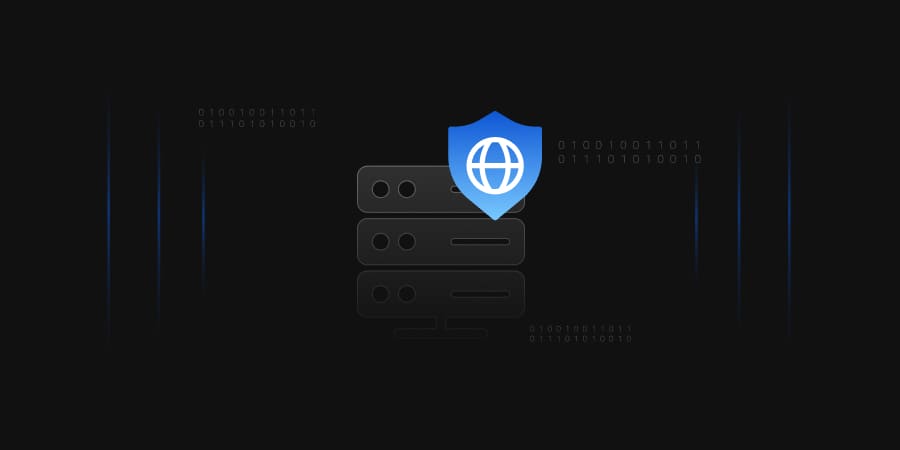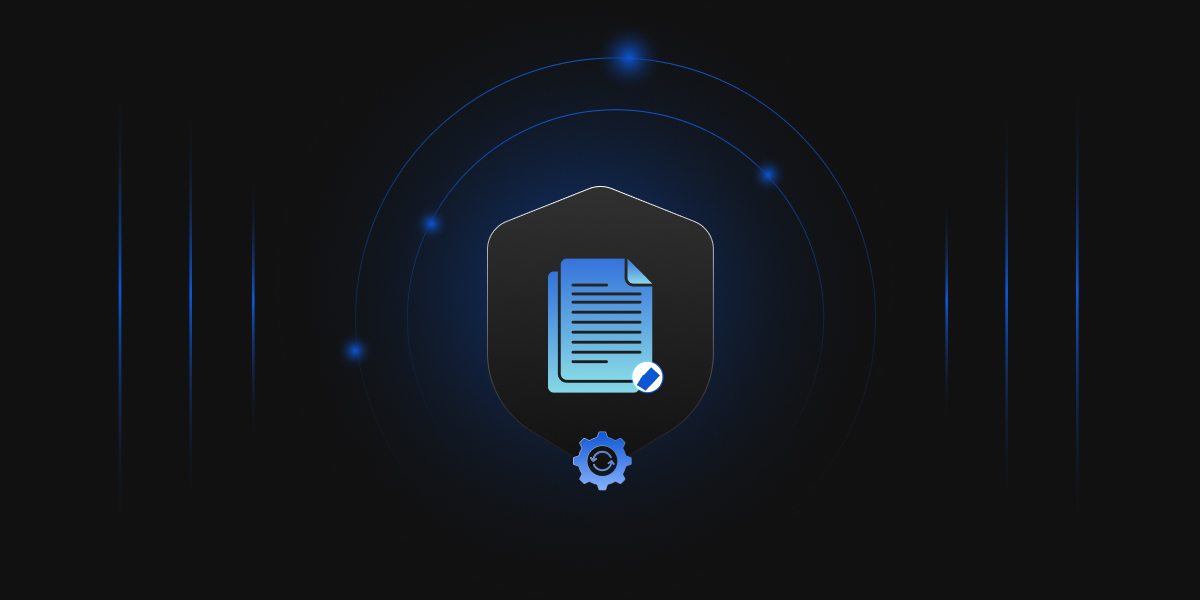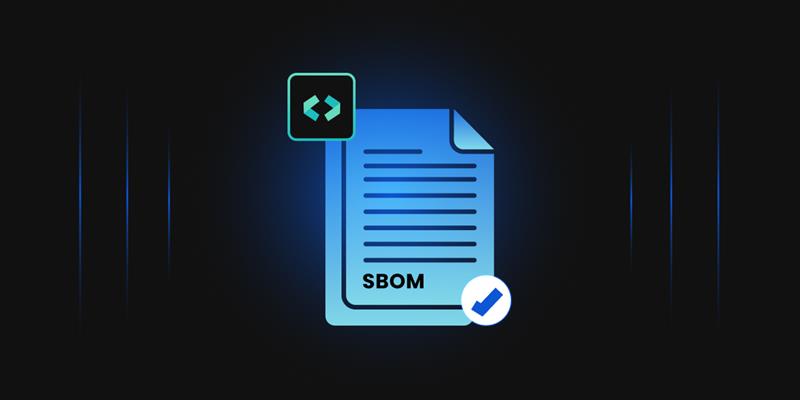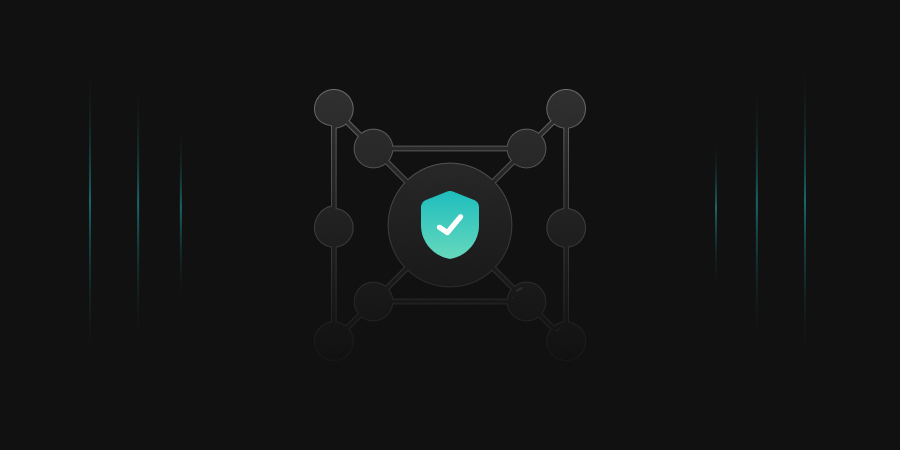In today’s digital landscape, malicious code and software threats are a constant concern for organizations of all sizes. Cybercriminals use a variety of tactics to compromise networks and steal sensitive data. One of the most common ways they do this is by distributing malware and other malicious code under the guise of legitimate software.
Organizations must have a comprehensive cybersecurity strategy that includes effective policies, procedures, and technology to prevent and detect attacks to safeguard themselves against these risks. Code-signing machine identities are one of the primary technologies used to secure networks against malicious code.
What are code-signing machine identities?
The process of code signing involves affixing a digital signature to executable code, scripts, and software in order to validate its authenticity and ensure its integrity. Code-signing machine identities are digital certificates that are used to sign code and are managed by code-sign in machines. Code-signing machine identities provide a way to verify the authenticity and integrity of code running on your network. By using digital certificates to sign software, you can ensure that the code has not been tampered with or modified since it was signed.
This helps to prevent malicious code from being introduced onto your network and reduces the risk of cyber-attacks. The digital certificates contain information about the code publisher, including their location and name, as well as a public key that is used to encrypt the signature. The private key, which is stored on the code signing machine, is used to sign the code. Digital certificates used for code signing are issued by a trusted third-party Certificate Authority (CA), and each certificate is unique and includes a distinct digital signature.
During the process of code signing, a signature is added to the code by creating a hash of the code, which is then encrypted with the private key of the code signing machine identity. Once this signature is added to the code, it can be verified by anyone who receives the code. To verify the signature, the recipient uses the public key included in the digital certificate to decrypt the signature and generates a hash of the code themselves. They can then compare the decrypted signature to their own hash of the code. If the hashes match, the recipient can be assured that the code has not been altered and was genuinely signed by the trusted source specified in the digital certificates.

Furthermore, code-signing machine identities facilitate the secure distribution and delivery of software updates, enabling organizations to deploy patches and updates to their networks confidently and quickly. This is crucial because it enables organizations to promptly address any security vulnerabilities or other problems that may arise in their software.
Using code-signing machine identities, organizations can guarantee the protection of their networks against malicious code, including viruses, spyware, and other forms of malware that could cause harm to their systems and data. Moreover, code-signing machine identities can assist organizations in meeting regulatory requirements for secure software development and distribution.
How do code-signing machine identities protect your network?
Code-signing machine identities provide several key benefits that help to protect networks from malicious code and software. These include
-
Verification of code authenticity and integrity
Code-signing machine identities provide a secure and dependable mechanism for verifying the authenticity and integrity of code. Malware can infiltrate a network via several methods, such as phishing emails or exploiting vulnerabilities in software. When malware infects a network, it can lead to various issues like data theft, system downtime, and financial losses. However, when code is signed with a code signing machine identity, the recipient can be certain that the code hasn’t been altered during distribution and that it actually originated from the trusted source denoted in the digital certificate. This mitigates the risk of malicious code being circulated as authentic software, which could compromise the network’s security.
-
Secure distribution and delivery of software updates
Additionally, code-signing machine identities furnish a secure means of delivering and distributing software updates. When organizations require the deployment of patches and updates to their networks, they can sign the updates using their code-signing machine identity and provide them to users. By doing so, they can guarantee that the updates are authentic and have not been tampered. Consequently, organizations can swiftly and confidently resolve security vulnerabilities and other software-related concerns without malicious code infiltrating their networks.
-
Compliance with regulatory requirements
Lastly, code-signing machine identities can aid organizations in adhering to regulatory demands for secure software development and distribution. Several industries, including healthcare and finance, have stringent regulations regarding the security of software and the methods employed to create and distribute it. BY adopting of code-signing machine identities, organizations can showcase their commitment to securing their software and conforming to these regulations.
Some other benefits of code-signing machine identities are
-
Authentication
By verifying that the code has been signed by a trusted source code signing machine identities enable authentication. This hinders the introduction of unauthorized or malevolent code into a network.
-
Integrity
By validating that the code has not been altered since it was signed, code signing machine identities ensures the codes integrity. This guarantees that there is no malware or other malicious code included in the code.
-
Trust
Code-signing machine identities help establish trust between software publishers and recipients. When a software publisher signs their code, they are essentially vouching for its authenticity and integrity. This helps recipients trust the code and reduces the risk of introducing malicious code onto the network.
-
Compliance
Code signing machine identities can assist companies in adhering to industry standards and laws by proving that they have put in place the necessary security measures to safeguard their software.
-
User Experience
Code signing machine identities can enhance the user experience by reducing security warnings and allowing for seamless installation and updates of software.
-
Brand Reputation
By using code signing machine identities, organizations and developers can safeguard their brand reputation by demonstrating that their software is trustworthy and secure.
Conclusion
The possibility of harmful code and software is a constant worry for various enterprises in this digital age. Code-signing machine identities offer a crucial layer of defense against these dangers by enabling the safe and secure distribution and delivery of software updates and assisting organizations in adhering to legal requirements. They also provide a way to confirm the reliability and authenticity of the code. Organizations can improve the security of their systems and data by implementing code-signing machine identities into their overall cybersecurity strategy. This will help enterprises safeguard their networks from malicious code and applications.




